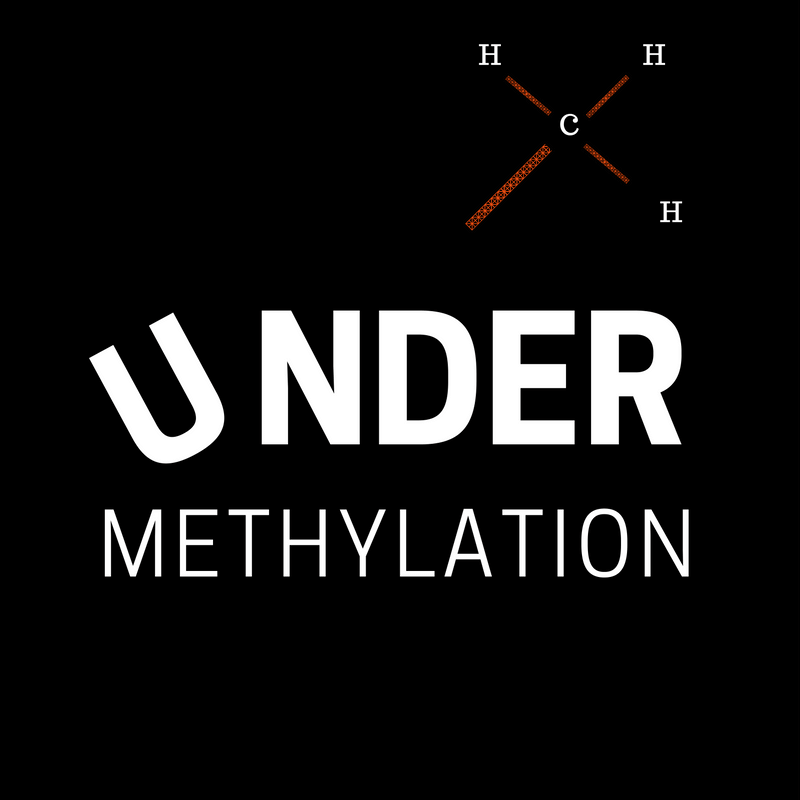Methylation is the addition of a single carbon and three hydrogen atoms (called a methyl group) to another molecule. The removal of methyl groups is called demethylation. These are figuratively countless numbers of on/off switches that regulate countless processes in your body including the immune system, DNA maintenance, hormone production, energy production and detoxification.
Under or over methylation is just another way of saying that methylation is out of balance and this can cause serious health issues. Those who are considered under-methylated have trouble using methyl donors, therefore they may produce the same amount of methyl yet fail to ultilise them optimally. This can lead to a number of deficiencies in nutrients throughout the body.
The addition and removal of methyl groups control;
The immune response; fighting infections and viruses and controlling the inflammation response
Repair of damaged cells and the production of antioxidants (glutathione)
Genetic expression, maintenance and repair of DNA.
Energy production
Detoxification of hormones, chemicals and heavy metals
Mood balancing -neurotransmitters such as serotonin, dopamine and melatonin are made by the methylation process
“Undermethylation” is perhaps more accurately described as underutilising their methyls or overproducing methyls. For simplicity, it is easier to refer to the commonly coined term, Undermethylation. This can lead to a number of deficiencies in nutrients throughout the body. Some researchers believe that if a person is a poor methylator, they are likely to have high levels of histamine, reduced zinc, reduced copper, high basophil (white blood cell) count, high homocysteine and high heavy metals.

